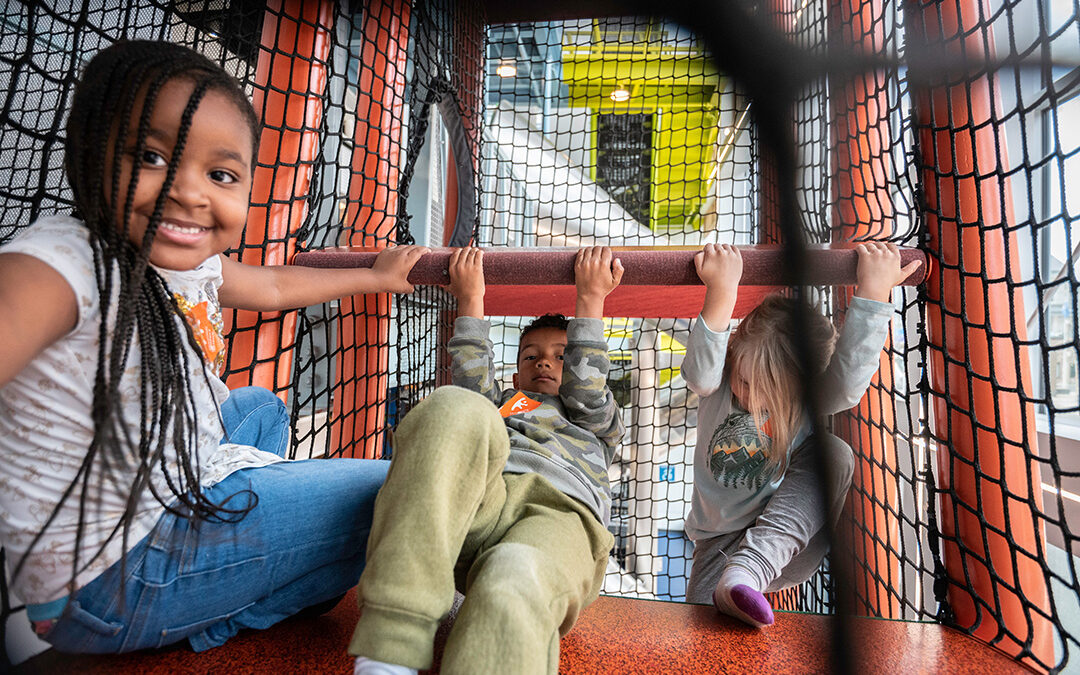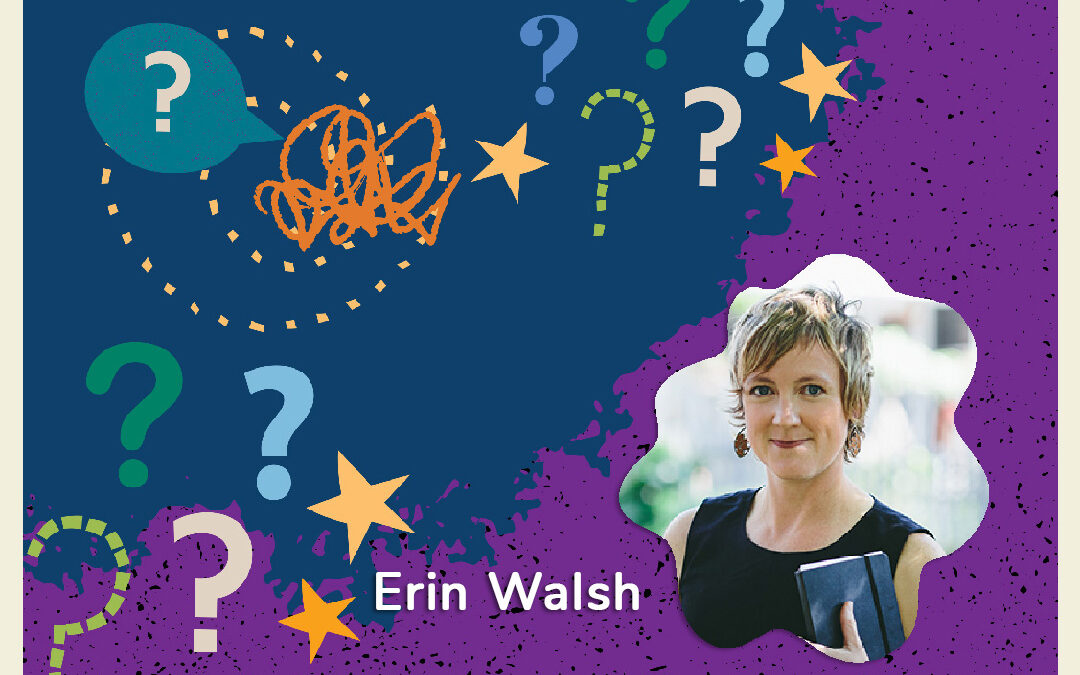
Nov 21, 2022
Play Boosts Emotional and Mental Health in Kids It’s no secret that the amount of time kids spend playing has been declining. In fact, kids growing up today play an average of eight hours less per week than children did in the 1980s. The trend has prompted warnings...

Nov 21, 2022
My kids (ages 3 and 10) often have complete meltdowns when I ask them to turn off their screens. What are your tips for a calmer transition away from devices? Erin Walsh Erin is a Minneapolis-based parent, speaker, educator, and writer. She is also the co-founder...
![Closing the Play Gap]()
Nov 13, 2022
Closing the Play Gap In a world of distractions and busy schedules, kids need free time to play more than ever. Sheila Williams Ridge, co-director of the University of Minnesota Child Development Laboratory School, a nature-based early learning center, thinks parents...
![Closing the Play Gap]()
Nov 3, 2022
Power of Play: Communication At Minnesota Children’s Museum, we believe in the power of play. Play is how children explore the world around them, navigate relationships, nurture curiosity and find joy. This post is part of a series showcasing seven powers of play:...
![Closing the Play Gap]()
Nov 3, 2022
At Minnesota Children’s Museum, we believe in the power of play. Play is how children explore the world around them, navigate relationships, nurture curiosity and find joy. This post is part of a series showcasing the seven powers of play: confidence, creative...




